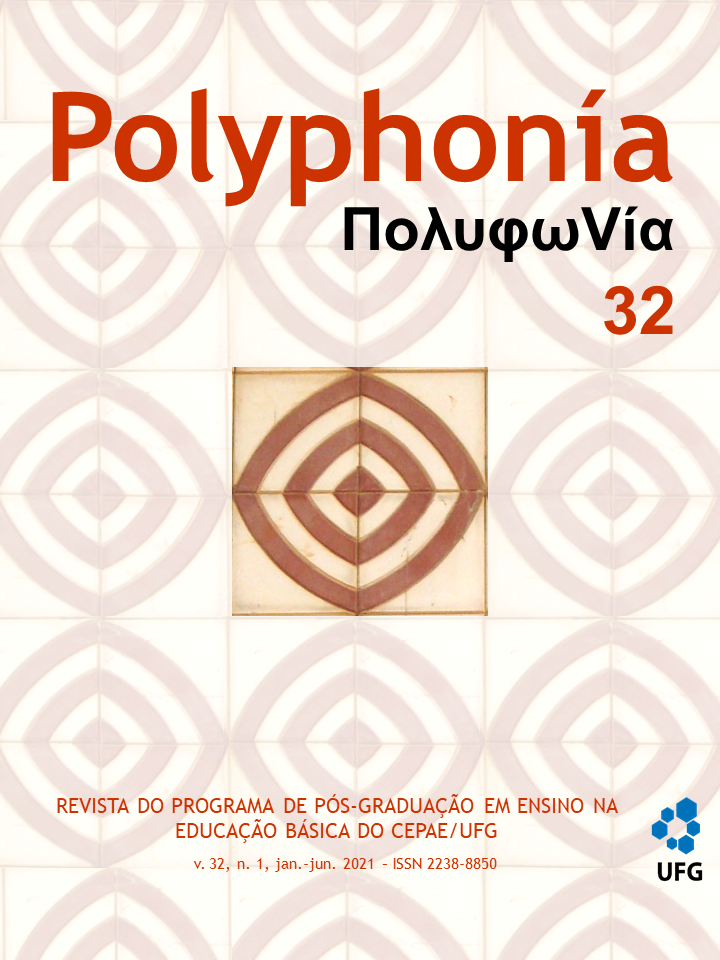Construtos teóricos do saber da ética para uma pedagogia complexa
DOI:
https://doi.org/10.5216/rp.v32i1.67390Resumen
O presente artigo se inscreve numa pesquisa bibliográfica exploratória, na qual se procurou inventariar, analisar e sistematizar os conhecimentos capazes de contribuir para o aprofundamento dos construtos teóricos-metodológicos de uma determinada área do saber humano, no caso, a pedagogia. A investigação é um aprofundamento/recorte de pesquisa realizada num pós-doutorado, procura evidenciar a dimensão axiológica do pensamento complexo, inscrita na vasta obra de Morin, com destaque para a obra “Método 6 – Ética” (MORIN, 2005b), acolhendo também outras contribuições do autor sobre a ética em suas múltiplas dimensões (MORIN, 2000a, 2000B, 2001a, 2001B, 2005a). A investigação sistematizou apontamentos teóricos a respeito de construtos que venham a contribuir com alicerces axiológicos para a pedagogia complexa em relação aos desafios da educação do século XXI. Estudo conclui constatando sobre a importância da contribuição da dimensão Ética como eixo norteador para a construção de uma nova pedagogia, que acolha uma nova racionalidade baseada na visão da complexidade e do bem pensar.Descargas
Los datos de descargas todavía no están disponibles.
Descargas
Publicado
2021-01-19
Cómo citar
BEHRENS, Marilda Aparecida; ANTUNES DE SÁ, Ricardo. Construtos teóricos do saber da ética para uma pedagogia complexa. Revista Polyphonía, Goiânia, v. 32, n. 1, p. 50–65, 2021. DOI: 10.5216/rp.v32i1.67390. Disponível em: https://revistas.ufg.br/sv/article/view/67390. Acesso em: 11 feb. 2026.
Número
Sección
Dossiê Escola, Complexidade e Justiça Social
Licencia
Política de direitos autorais (acesso livre). Autores que publicam nesta revista concordam com os seguintes termos: Autores mantém os direitos autorais e concedem à Revista Polyphonía o direito de primeira publicação, com o trabalho simultaneamente licenciado sob a Creative Commons Attribution License que permitindo o compartilhamento do trabalho com reconhecimento da autoria do trabalho e publicação inicial nesta revista.
Autores têm autorização para assumir contratos adicionais separadamente, para distribuição não-exclusiva da versão do trabalho publicada nesta revista (ex.: publicar em repositório institucional ou como capítulo de livro), com reconhecimento de autoria e publicação inicial nesta revista.
Autores têm permissão e são estimulados a publicar e distribuir seu trabalho online (ex.: em repositórios institucionais ou na sua página pessoal) a qualquer ponto antes ou durante o processo editorial, já que isso pode gerar alterações produtivas, bem como aumentar o impacto e a citação do trabalho publicado (Veja O Efeito do Acesso Livre).


